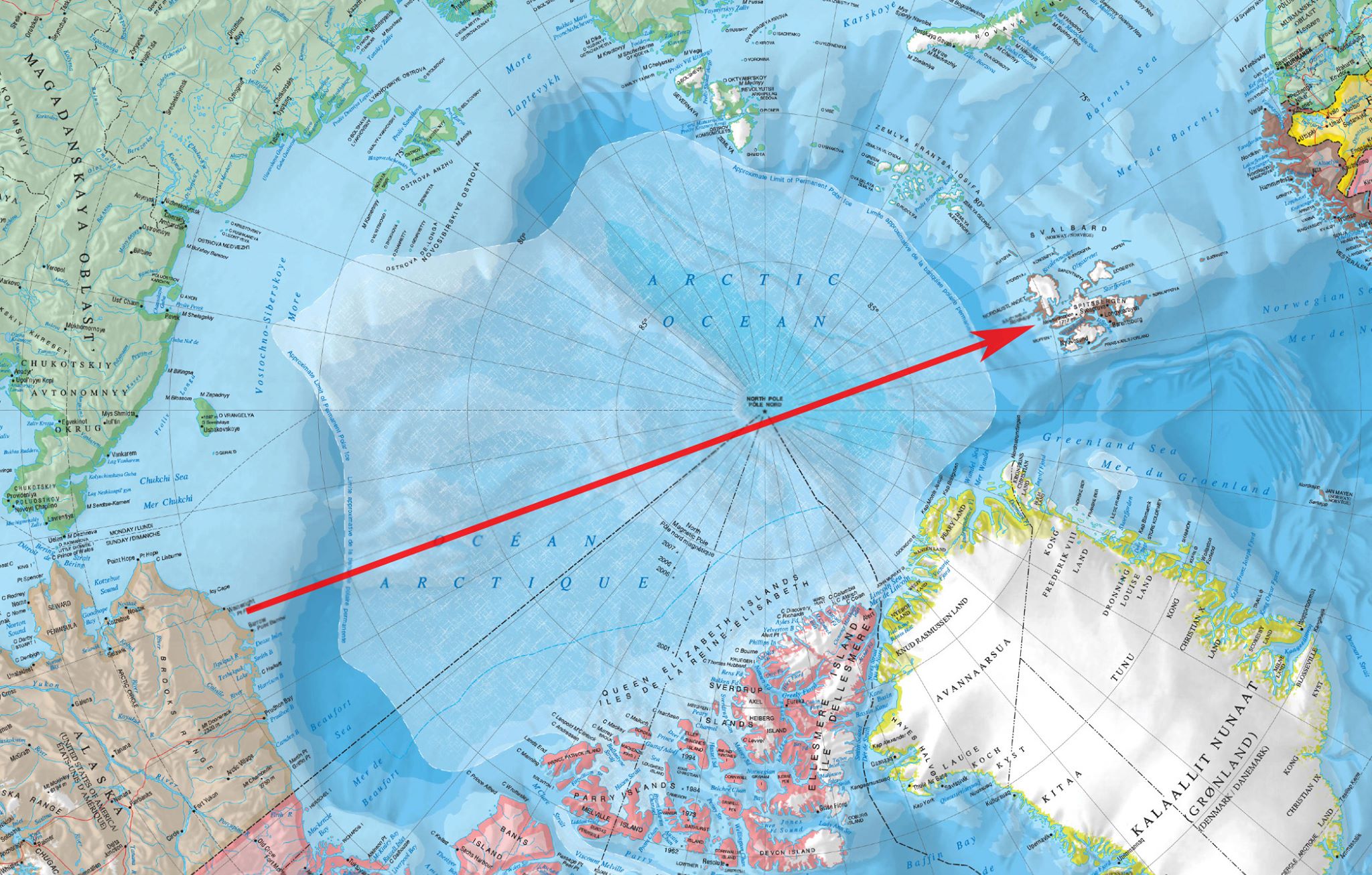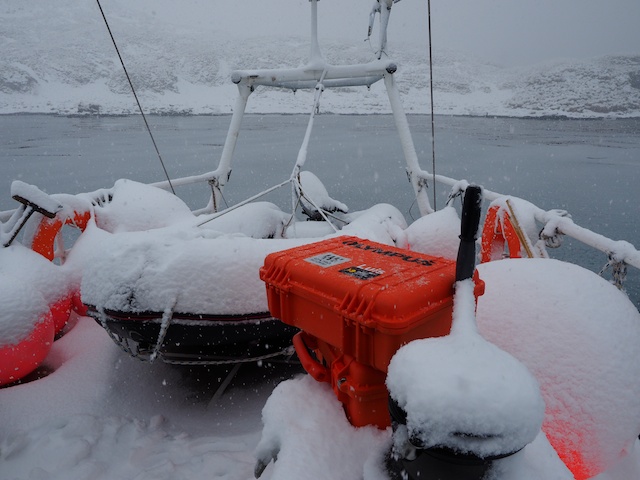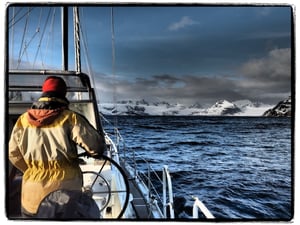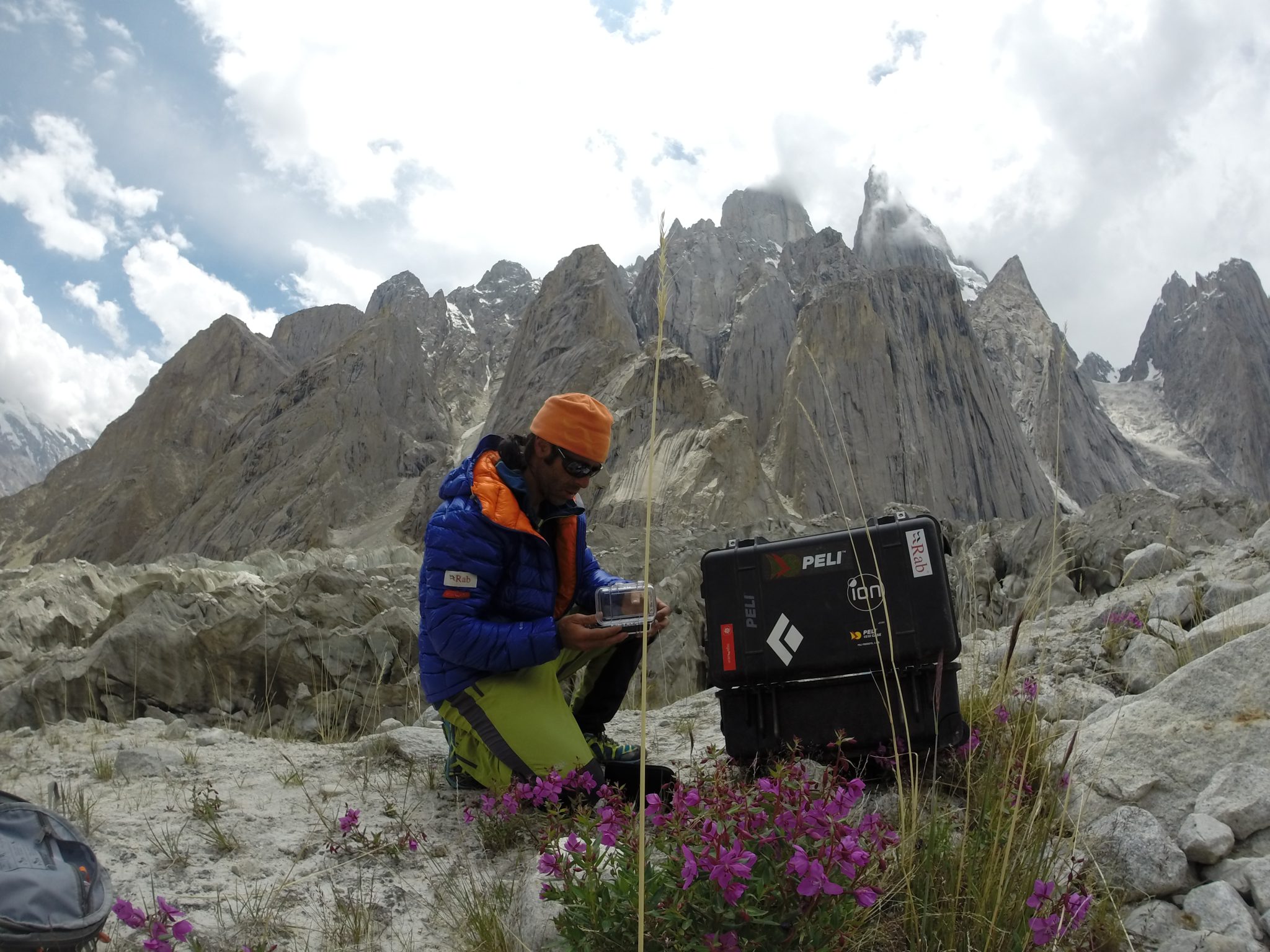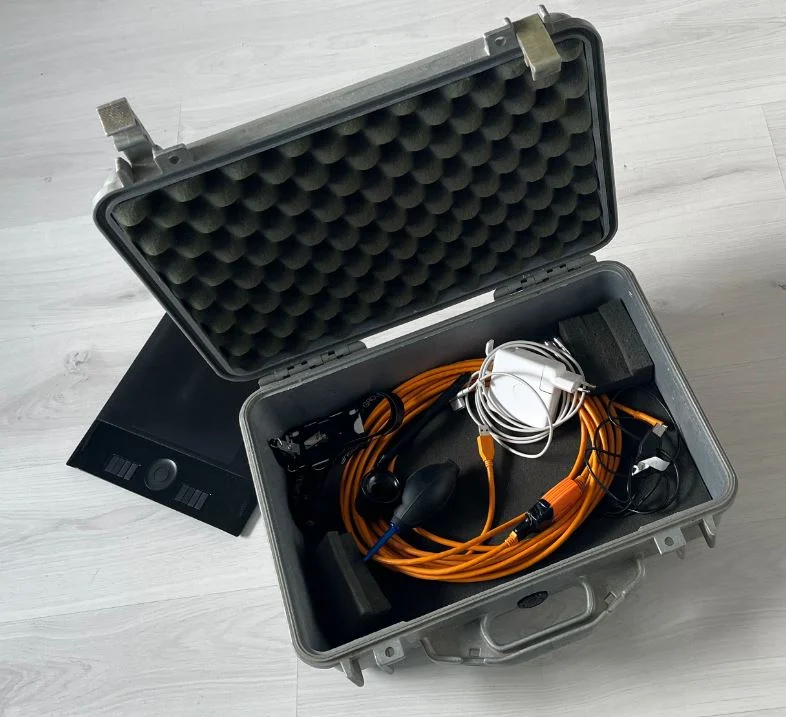The global manufacturer has given its support to a non-profit initiative that aims to raise awareness of the importance of the Arctic.
Peli™ Products, the global leader in the design and manufacture of high-performance protective cases and advanced lighting solutions, is proud to sponsor the non-profit organization Expedition Glacialis, who’s goal is to raise awareness of the critical situation in the Arctic caused by global environmental challenges and to offer conservation education. The team, formed by scientists, photographers and artists, will venture into the Arctic for three consecutive summers (2021-2023) starting in May 2021. They will sail from Azores archipellago, Portugal, to the Baffin Sea, covering a distance of over 4500 nautical miles (8334 km) in 5 months.
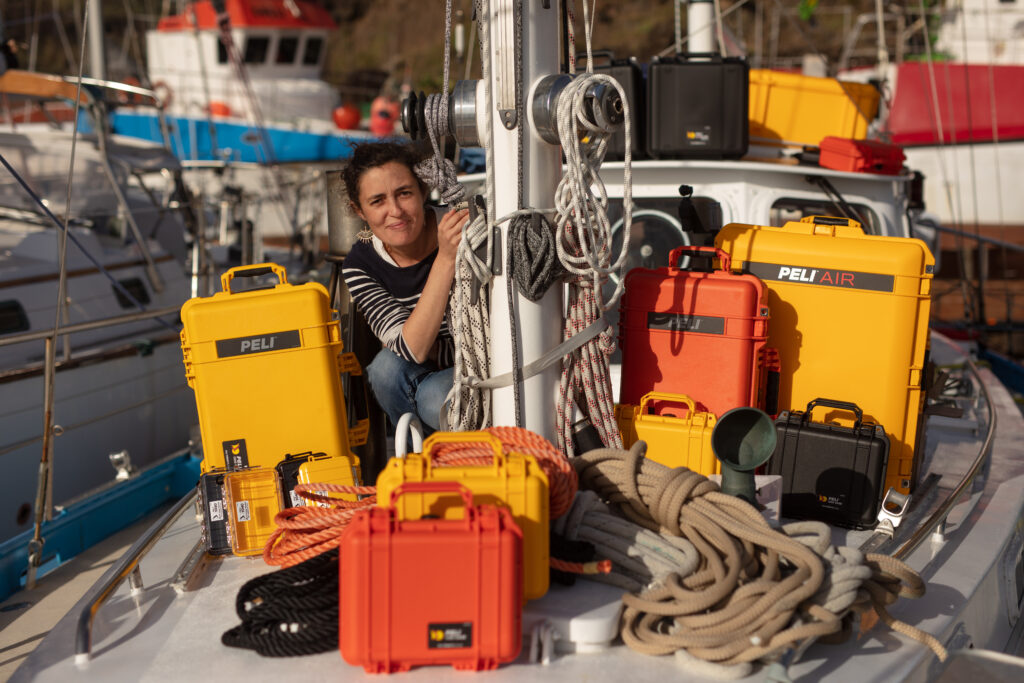
The Glacialis Expedition team plans to cross the Arctic Ocean and collect data on marine fauna and their habitat in order to measure climate change and anthropogenic impact. The main goal of the team’s expedition is to show that the delicate stability of this far-off frozen ocean is essential to maintain its species and, consequently, a balance in our entire planet. In fact, marine mammals, and especially whales, are one of the most vulnerable species to global warming. Their extinction might induce a disproportionate loss of functional diversity, which may have profound impacts on the future functioning of marine ecosystems worldwide. This is why it is crucial for the team to carry out close monitoring of these animals and develop new ways to improve their living conditions.
In an effort to encourage Open science, the researchers will share their collected data on online open platforms; to complete this process, the team counts on the support of a diverse body of researchers, institutes, communities, universities, NGOs and governments. In addition, they are going to use the following specialized material to collect the necessary data:
- Acoustic devices to monitor noise pollution and identify whale species;
- A thermal camera to detect marine mammals and assess their stress levels;
- UAVs to take aerial images of the whales, document their state of health and detect signs of entanglement and collision with ships.
PELI has supported the team with a wide selection of PELI Cases to protect the aforementioned communication and scientific equipment during the rough expedition and to ensure these arrive fully functional. As expedition captain and photographer Arnaud Conne states, “Peli cases are the perfect fit to protect our gear during our expeditions.”
Made of tough Polypropylene Copolymer, PELI cases are extremely resistant to impacts and the watertight O-ring seal and rugged latches of the cases will keep the lid shut as well as water out, while it is easy to open along the journey. PELI cases endure anything out in the wild.
PELI wishes Expedition Glacialis a very fond farewell!

